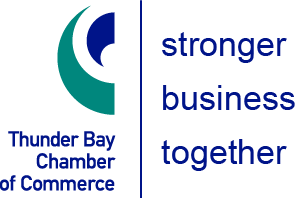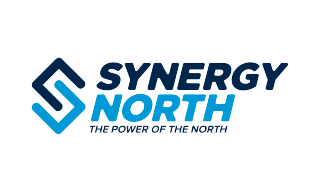Issue
The Rural and Northern Immigration Pilot (RNIP) is a federal program established in November 2019 with the goal to attract and retain skilled immigrants in rural and northern communities by testing innovative approaches to permanent immigration. RNIP can play a key role in addressing the labour shortage and achieving the federal government’s recently announced immigration targets, but it is set to expire in August 2024.
Background
The Rural and Northern Immigration Pilot has provided a much-needed path to permanent residency for skilled foreign workers who want to live in small communities. RNIP is delivered in five communities in Northern Ontario, and six other areas in Manitoba, Saskatchewan, Alberta, and British Columbia, allowing eligible employers to make full-time permanent job offers to skilled foreign workers who can help fill identified labour shortages in the community.
Despite the many added challenges presented during the COVID-19 pandemic, the program has been a great success with pilot communities welcoming hundreds of workers and their families to date, alongside hundreds of additional applications currently in progress. RNIP is achieving its goal of supporting immigration strategies that enable smaller communities to enhance their economic, social, and demographic vitality. Despite its continued success, the program is set to expire. In August 2022, the Minister of Immigration, Refugees and Citizenship announced the extension of the RNIP program to August 2024 and the expansion of geographical boundaries for seven of the 11 participating communities. Though this was a welcome move for all stakeholders, more needs to be done.
Canada is facing an acute labour shortage. As per Statistics Canada, in the second quarter of 2022, employers across all sectors in Canada were actively seeking to fill nearly one million (997,000) vacant positions, the highest quarterly number on record. Vacancies were up 4.7 percent (+45,000) from the first quarter, and 42.3 percent (+296,500) higher than in the second quarter of 2021. To address the labour shortage, in November 2022, the federal government announced a new immigration plan that would see Canada welcome 500,000 immigrants per year by 2025. RNIP is already playing its part in achieving these ambitious targets, but if the program is made permanent, it can contribute even more. As of June 30, 2022, Immigration, Refugees and Citizenship Canada reports that 1,130 newcomers have arrived in Canada under the RNIP. They have helped fill gaps in healthcare, manufacturing, transportation, retail, and hospitality.
RNIP was launched based on the success of the Atlantic Immigration Program (AIP). AIP was initially launched as a pilot program in 2017 and became permanent in 2021. A recent Statistics Canada study shows that high immigrant retention rates in Atlantic Canada can be credited to the success of AIP. Under AIP, governments, employers, communities, and settlement agencies work together to recruit skilled workers and international graduates. Working with settlement service providers, immigrants receive more support in settling and integrating than they might have if they arrive in Canada through a different immigration program.
Based on the continued success of RNIP and AIP, and the challenges facing Canadian businesses due to the labour shortage, RNIP should be made a permanent program.
Recommendation
That the Government of Canada work with participating communities of the Rural and Northern Immigration Pilot to make it a permanent program effective August 2024
Submitted by: Greater Sudbury Chamber of Commerce
Co-sponsored by: Timmins Chamber of Commerce, Thunder Bay Chamber of Commerce, North Bay and District Chamber of Commerce, Sault Ste Marie Chamber of Commerce















